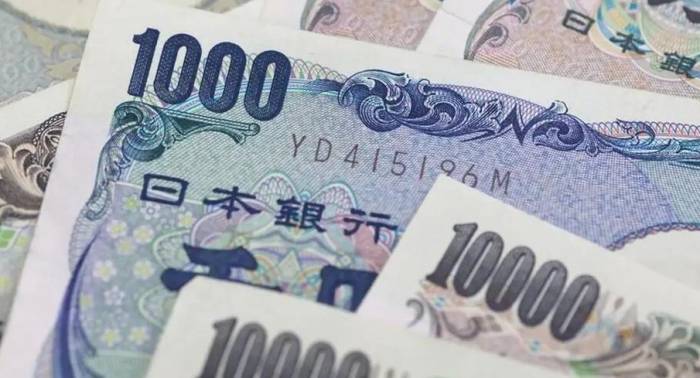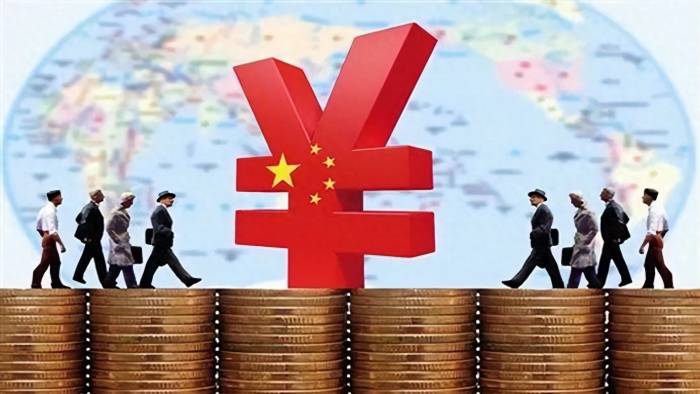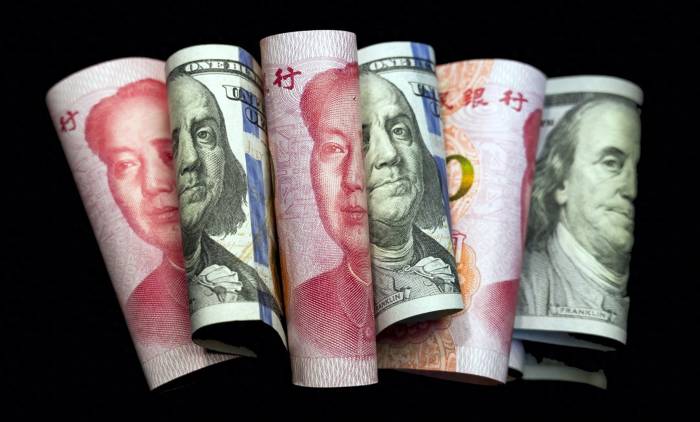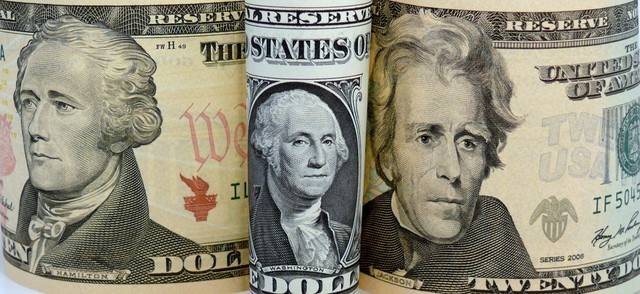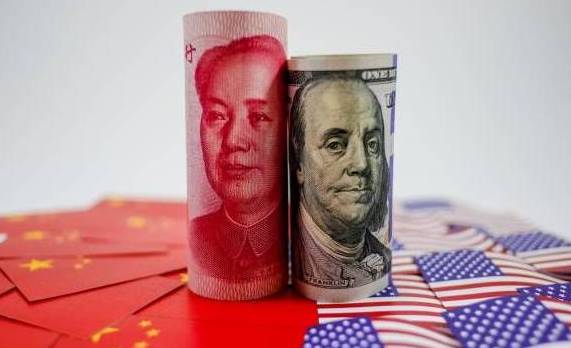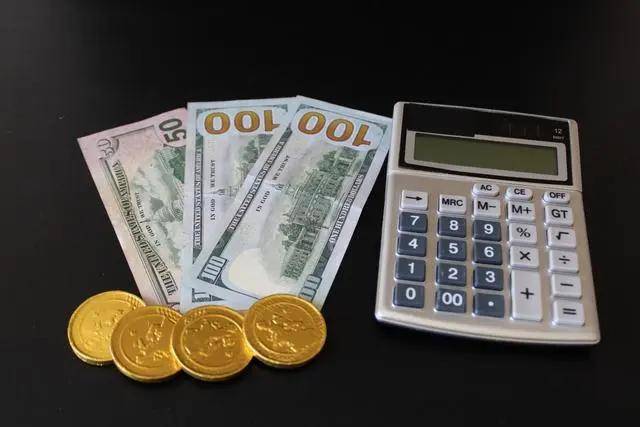Recent developments in global finance have showcased an intriguing shift, particularly among traditional allies like Canada and Europe. These nations have opted to lower interest rates earlier than anticipated, much to the dismay of the United States, which finds itself in the throes of a tightening monetary policy. Such actions could be seen as a betrayal, a parting of ways in the long-standing alliance that has characterized Western economic unity. This financial pivot raises questions about the stability of U.S. dominance as a collection of trends gestate that could potentially lead us into a post-dollar era.
To further complicate matters, Japan has fallen into a financial fray of its own, conducting a significant sell-off of U.S. dollars to rescue its weakening currency, the yen. This sell-off isn't a small matter; estimates suggest that approximately $50 billion worth of U.S. Treasury bills were sold in favor of bolstering the yen. This act signals not merely a defense maneuver but a gamble on Japan's part, indicative of underlying tensions in its relationship with the U.S. It begs the question: is this financial combat merely indicative of Japan attempting to assert its own sovereignty over its economic fate in the backdrop of U.S. policies?
The implications are layered. If we visualize the ongoing financial landscape, it becomes apparent that Japan's actions could be interpreted as a clear signal of discontent with American hegemony in world finance. Traditionally, Japan has been one of the U.S.'s most loyal allies in the realm of economic policy, particularly when it comes to currency valuations and trade practices. However, the recent moves suggest a division that could redefine economic relationships across continents.
Looking at Japan’s financial statements reveals a sharp decline in its foreign currency reserves, dropping over $4.7 billion in a month alone. Most notably, Japanese holdings in foreign bonds, primarily U.S. Treasury bonds, shrank by 5.2%. It raises a critical point: Japan's foreign reserves predominantly consist of bonds, with a vast majority invested in U.S. Treasuries. As Japan's financial muscles flex against the backdrop of a weak yen – a currency that often finds itself in the crosshairs of U.S. financial strategies – it becomes vital to decipher what lies behind this strategy.
When the yen plummeted recently, the Bank of Japan rode to the rescue by injecting approximately 9 trillion yen, equivalent to about $600 billion, into the market to stabilize its currency. This was not merely a defensive act but perhaps strategically aimed at preserving the economic integrity in a precarious time. In this convoluted chess game, Japan finds itself countering U.S. moves while also potentially using the situation to pressure U.S. markets.
Moreover, to highlight the depth of Japan's strategic maneuvering, it appears that while Japan sheds its Treasury bonds, they are simultaneously directing the capital gained toward fighting against short sellers on Wall Street—essentially operating a dual front. Such actions illustrate a complex relationship where the lines between ally and adversary blur, plunging into the realms of economic strife.
The heavy sell-off of the yen was anticipated by many as a possible precursor to a financial crisis akin to the events of the late 1990s Southeast Asian financial collapse. As the yen stabilized after Japan's significant interventions, regional currencies such as the Vietnamese dong and the Indonesian rupiah began deploying gold reserves as a counteractive measure against potential depreciation. The optics of this situation heavily suggest that what began as an external force aimed at Japan could trickle through to destabilize broader Asian economies.
As the narrative unfolds, the actions taken by Japan not only aim at their currency but serve as an indirect challenge to the very constructs of American financial supremacy. Observers note that with the yen's downturn, various Asian nations quickly took up measures to protect their currencies, thereby showcasing a collective stance in the face of perceived economic aggression. Could this incredible coordination across diverse countries indicate a renaissance of sort for Asian economic solidarity?
The U.S. finds itself at a crossroads: it is imperative for foreign nations, particularly in Asia, to continue purchasing U.S. bonds to alleviate their mounting debts. But Japan’s newfound resolve may herald a shift where it not only resists U.S. intentions but actively seeks ways to complicate the American economic agenda. This dual approach implies that Japan may be trying to alleviate its own economic pain while forcing the U.S. into a tighter corner—a risky venture, but one that could favor its own geopolitical strategy.
In recent months, various nations have pivoted from using the dollar as the primary currency for their international transactions due to a combination of dwindling confidence in the dollar's value and the diversification of financial systems—a response to a deep-seated realization that reliance on a single currency may not serve well in the long haul. Observers recognize that currencies like the euro and yen, vital in international trade, face unprecedented stress; allies are slowly forming coalitions to counterbalance the complicating financial strategies being deployed by the U.S.
The consequence is clear: the dollar's status as the world's de facto currency is under scrutiny, particularly with the rise of alternative currencies coming into focus. As nations like Saudi Arabia initiate digital currency frameworks to settle trade in non-dollar terms, we can anticipate a shift away from the dollar’s supremacy in global commerce. This is a crucial moment where rising multipolarity in global currency dynamics could reshape how trade discussions materialize.
Ultimately, the trajectory we find ourselves on hints at the possible emergence of a world beyond the dollar. The intertwining of economic interests and national sovereignty bears a semblance to looming seismic shifts in global power equities. Historical parallels take shape, echoing times of imperial decline, but this time, it’s the dollar that could be facing its reckoning. As nations now reconsider the restrictions and vulnerabilities tied to dollar-based transactions, we are left to wonder how much longer this juggernaut of economic power will retain its reach in an era marked by skepticism and deep-seated calls for change.
As Japan reclaims a position of financial assertiveness, supported by the ramifications of global shifts, it catalyzes a broader movement that threatens to redefine how money is viewed, handled, and valued across the geopolitical landscape. In a world where power is redirected and alliances are reassessed, we may be witnessing the twilight of the dollar's unassailable reign—a chapter that could indeed signal the transition to a new order of international finance.





